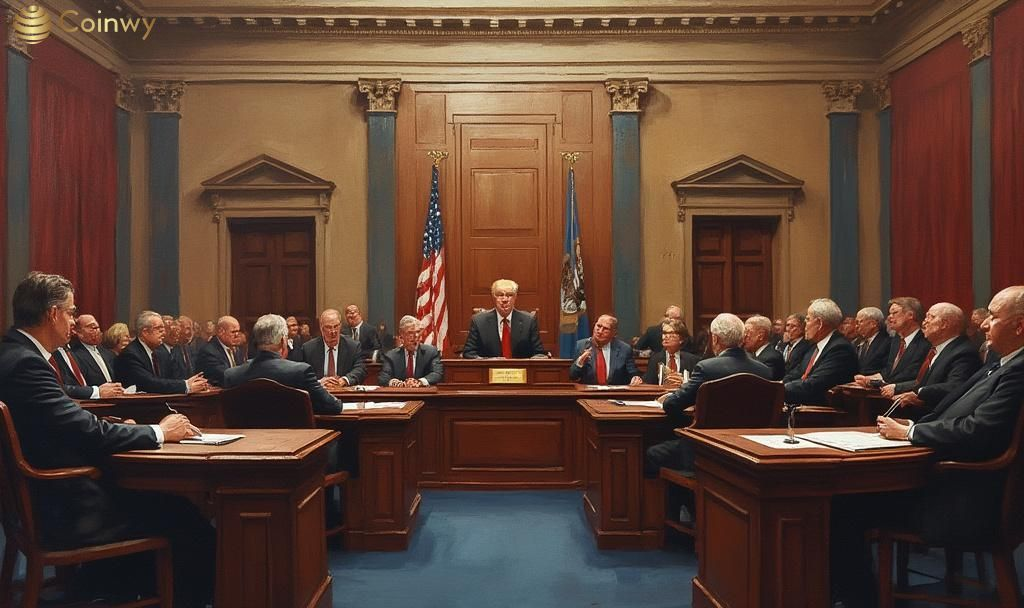- Main event, leadership changes, market impact, financial shifts, or expert insights.
- SEC assumes oversight of digital assets.
- New “ancillary assets” classification introduced.
The U.S. Senate introduced the Responsible Financial Innovation Act of 2025 on July 23, redefining crypto market regulations. Under this act, the SEC assumes primary oversight responsibility, reshaping the regulatory landscape for digital assets.
The proposed legislative framework affects the crypto sector significantly by clarifying asset classification under U.S. financial law. The SEC’s expanded jurisdiction is expected to impact cryptocurrencies such as ETH and BTC.
Regulatory Changes Spearheaded by Senate Committee
Senator Tim Scott and Senator Cynthia Lummis spearheaded the U.S. Senate Banking Committee’s initiative to clarify digital asset rules. The SEC will now predominantly oversee digital assets, adjusting existing frameworks to better fit modern cryptocurrencies. This regulatory shift aims to prevent innovation from moving overseas by providing clarity.
“We cannot allow regulatory confusion to continue driving American innovation overseas. Market structure legislation will establish clear distinctions between digital asset securities and commodities, modernize our regulatory framework, and position the United States as the global leader in digital asset innovation.” — Senator Cynthia Lummis, Digital Assets Subcommittee Chair
Impact on Market Players and Financial Institutions
The legislation’s impact extends to key market players, including major cryptocurrencies and DeFi tokens. Banks gain new capabilities to engage directly in digital asset activities, including custody and lending. Supporters argue this will foster technological growth within a more secure regulatory environment.
Industry Reactions and Future Projections
Industry reactions highlight potential challenges and optimism as the market adjusts. Financial implications may include reduced compliance burdens under Regulation DA. Historical patterns suggest initial volatility, but long-term effects will depend on regulatory clarity.
Future regulatory and financial environments might witness more streamlined access to capital for crypto projects and greater legal certainty. However, exact outcomes await further SEC rulemaking. The new provisions aim to maintain the U.S. as a leader in digital innovation by strengthening investor confidence.






